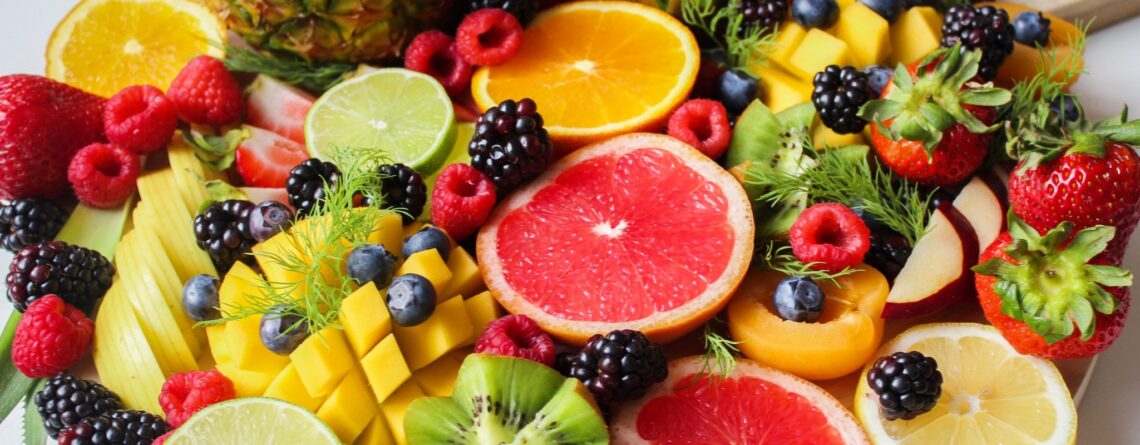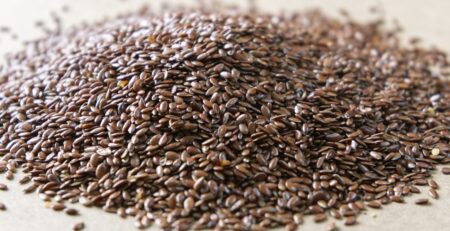The Fertility Diet: A Holistic Approach to Enhancing Conception – Part 2
Milk- To drink or not to drink?
The answer is a resounding yes – full-fat milk is the way to go. Studies have shown that consuming full-fat dairy can reduce the risk of ovulatory infertility by a staggering 50%, while low-fat milk can increase the risk by 11%. The reason behind this phenomenon is believed to be the fact that high-fat milk produces more estrogen and contributes to lower increases in IGF1 compared to low-fat products.
These findings suggest that women looking to improve their fertility should opt for full-fat dairy products. Not only are they more effective in reducing the risk of ovulatory infertility, but they also provide a range of other health benefits. So, if you’re looking to boost your fertility and overall health, make the switch to full-fat milk today!

Plant-Based Proteins:
When it comes to protein, many people automatically think of animal-based sources such as meat, eggs, and dairy. However, plant-based proteins are gaining popularity due to their numerous health benefits. Sundal, rajma, green mung dal, and sprouts are just a few examples of plant-based proteins that offer excellent nutritional value.
In fact, studies have shown that plant-based proteins are often better for our bodies than animal-based proteins. Not only are they typically lower in saturated fat and cholesterol, but they also contain important nutrients such as fiber, vitamins, and minerals.
While some health professionals believe that eggs can be an exception to the rule when it comes to animal protein in a pre-conception diet, this dissent is related to the cholesterol content of eggs. It’s important to note that all the body’s steroid hormones (including cortisol, DHEA, testosterone, estrogen, and progesterone) are built from dietary cholesterol. Without adequate “building blocks,” the body cannot create or maintain ideal concentrations of reproductive hormones.
So, if you’re looking to improve your health and boost your protein intake, consider incorporating more plant-based proteins into your diet. Not only will you be doing your body a favor, but you’ll also be helping the environment by reducing your carbon footprint.
Vitamins and minerals:
Vitamins and minerals are essential for maintaining a healthy diet. One way to ensure that we are getting the necessary nutrients is by incorporating local and seasonal fruits and vegetables into our meals. As children, we may have heard our mothers advise us to eat white pumpkin in the summer and carrots in the winter. In fact, in North India, carrots are famously made into a delicious dessert called “Gajar ka Halwa” during the winter months. Similarly, indulging in juicy mangoes during the summer season won’t harm you. It’s important to remember that nature has provided us with a variety of fruits and vegetables for a reason. Colorful produce, such as leafy greens, are rich in folic acid, which is essential for women who are trying to conceive. By incorporating these nutrient-rich foods into our diets, we can improve our overall health and well-being.
Probiotics:
Did you know that our gut is often referred to as our second brain? It may come as a surprise, but our gut has a far greater impact on our body than we typically give it credit for. From our good old staple foods like dosa and Idli to homemade curd, Palaya Soru, and even ice biriyani, these foods contain good bacteria that can help boost both female and male fertility.
Probiotics are live microorganisms that can provide numerous health benefits when consumed in adequate amounts. They are commonly found in fermented foods and supplements, and can help improve digestion, boost the immune system, and even promote mental health.
So, if you’re looking to improve your overall health and fertility, consider incorporating probiotics into your diet. Your gut (and your body) will thank you for it!
Quitting Smoking and Alcohol:
In my perspective, trying to conceive is a serious business that requires utmost attention to one’s health. Regardless of gender, it is crucial to quit smoking and alcohol consumption to increase fertility.

It is a well-known fact that smoking and alcohol can have detrimental effects on one’s health, but it can also significantly impact fertility. Smoking can damage the reproductive system, decrease sperm count, and increase the risk of miscarriage. Similarly, alcohol consumption can lead to hormonal imbalances, irregular menstrual cycles, and decreased sperm quality.
Therefore, if you are trying to conceive, it is essential to prioritize your health and quit smoking and alcohol. By doing so, you can increase your chances of conceiving and having a healthy pregnancy.
 dr.aisparth
dr.aisparth


